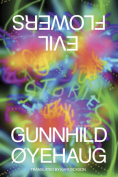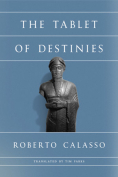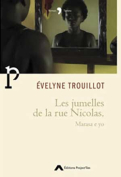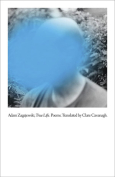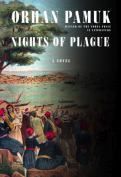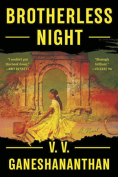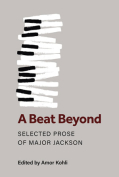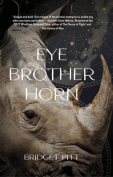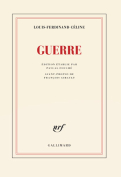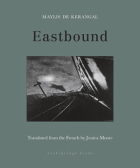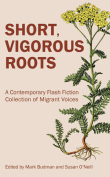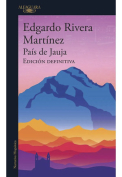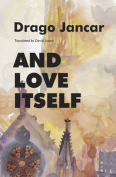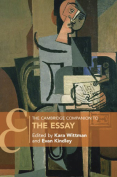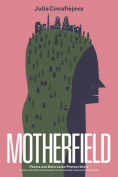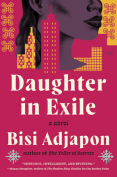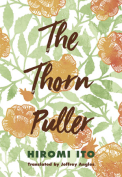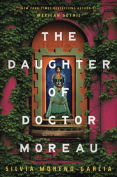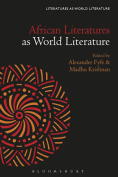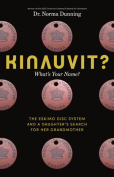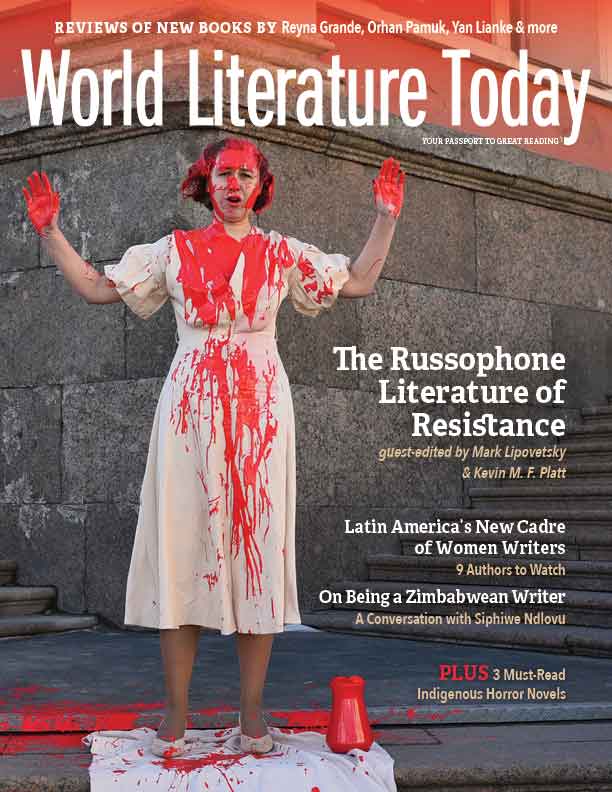Nights of Plague: A Novel by Orhan Pamuk
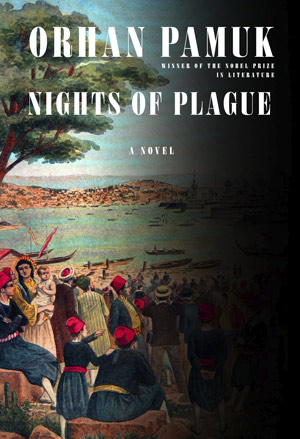 New York. Knopf. 2022. 704 pages.
New York. Knopf. 2022. 704 pages.
TO PASS BETWEEN history and fiction is to walk a road so wide that either side is almost always inconspicuous from the other. But, at times, they converge along one-way streets, through invisible cities built with books, populated by intellectuals, ruled, as it were, by historians. Novels, there, are at the mercy of historical discipline, such as the canonization of art, the fixing of time to a master record of events, the search for facts that can be upheld in a court of law.
Turkey’s Nobel laureate, Orhan Pamuk, has, especially since winning the prize in 2006, indulged his readers in the evocative, multilayered, and still-contested historiography that gurgles up from the wells and springs of the former Ottoman Empire, the sphere of influence that radiates from the decadence of its late capital, Istanbul, the largest Turkish metropolis, stamping the ink of its legacy, as yet unfaded, from the postmodern, orientalist imagination.
His eleventh novel, Nights of Plague—translated with a neoclassical bent by the exceptionally talented Ekin Okalp, ostensibly to capture the temporal harmony of the turn-of-the-century plot—pivots around the year 1901 on the fictitious island of Mingheria in the Aegean Sea, a sedate yet restive Ottoman province. The trigger of its native discontent is a particularly timely trope in literary history—namely, pandemics—from Boccaccio to Camus.
Distinct from Turkey’s earlier contenders for the Nobel, the magical realism of Kurdish folklore in Yaşar Kemal or the avant-garde feminism of Leyla Erbil, Pamuk assumes establishment airs. His voice competently and craftily parallels the tone of state function with its bureaucratic armies of armchair intellectuals, proper and appropriate for a contemporary man of letters steeped in the dusty troves that beset all who feast on the behemoth grandiloquence of the Ottoman era.
Mingheria is a theater for Pamuk’s fantasy of world-building realism. His clean sentences are fortified with the self-styled authority of scholarship, at times risking documentary dryness. Amid a host of well-articulated and often seamlessly intertwined metafictional devices, referring to the memoirs and histories of the personalities he invents, he conjures the roving, meticulous observations of society, architecture, and fashion that inspired the modern, social novel.
The themes of Nights of Plague are common to the last years of Ottoman decline, particularly during Abdul Hamid’s infamous reign when the sultan lost his dynasty’s remaining territories in Europe to burgeoning nationalist movements in the Balkans. Pamuk novelizes the making of the fractious political identities that ignited the powder keg of World War I and which later supported the foundations of the Turkish republic up from the ashes of its sick, old-man imperialism.
As a Turkish novel, Nights of Plague remains topical, perhaps even prescient. Pamuk, despite his tendency to rarified elitism, is a bold critic of present-day Turkey. The story of the novel reflects certain political currents that hold fast. A key character, known as Bonkowski Pasha, working directly for the sultan as chief inspector of public health and sanitation, is dispatched to Mingheria—which is half-Muslim, half-Christian—prior to the declaration of outbreak.
The cloak-and-dagger assassination of Bonkowski Pasha, a chemist of Polish extraction whose surname is a measure of integration into palace service, is revealed to have been perpetrated by the gang of a pernicious man named Ramiz, who is also the nephew of the religious sectarian, Sheikh Hamdullah. Before the end of the novel, Hamdullah rules the postrevolutionary island like a strongman reminiscent of Turkey’s populist, Islamist president.
Pamuk frequently recalls Abdul Hamid’s fascination with Sherlock Holmes, and webs of intrigue spin out to encompass the emperor as part of the murderous scheme. The narrator speaks of herself in the first-person as great-granddaughter to the Ottoman princess, who quite diplomatically helped Mingheria transition from imperial province to independent nation. “I am a direct descendant of one of this novel’s principal characters,” Pamuk writes, as her.
Subjective identification with a member of the Ottoman royal family, regardless of its fiction, brushes close with Pamuk’s biography. While narrating the novel, Mina Mingher is also writing a history of her country in exile in the spirit of self-determination, glorifying her national heritage with rosy nostalgia. As a resident of New York criminalized in Turkey after he spoke out against massacring Kurds and the Armenian Genocide, Pamuk has endured a similar fate.
Many of his characters bear striking resemblances to historical personages, so much so that Nights of Plague can sometimes read like a lightly veiled novelization of history. Commander Kamil, for example, is an uncanny representation of Mustafa Kemal Atatürk, also referred to as a commander in his military career that presaged his rise as Turkey’s founder. Pamuk fictionalizes his life as the morally upright first head of state of a newly free Mingheria.
Nights of Plague can, at times, feel bogged down by digressions, such as when the narrator details Ottoman influence in China, repeating generalizations of the empires’ multinational cultural diversity. Therein, Pamuk confronts the limits of the “novel-cum-history,” as he calls it. Historians might dig deeper and intellectualize more elaborately without the need for novelistic refrains to the origin stories and unspecialized context needed for readers of literary fiction.
As a pandemic novel, Nights of Plague was an apparent coincidence, as Pamuk had designs to mine the recurring motif before 2020’s global outbreak. Like the 1918 flu, Black Death, or other maladies that have marked literature and history by rattling the cages of social cohesion, the universal human condition is eclipsed by the biased subjectivities of history and culture.
By writing Nights of Plague, Pamuk spoke to the irrational if not violent flaws of religion and politics that confuse storytelling with conspiracy, at odds with the natural laws of science within and beyond the body. The novel comes at a crucial time to rethink the boundlessness of liberty as individual identity remains circumscribed by the historicity of what the powerful few have written.
Matt A. Hanson
Istanbul


